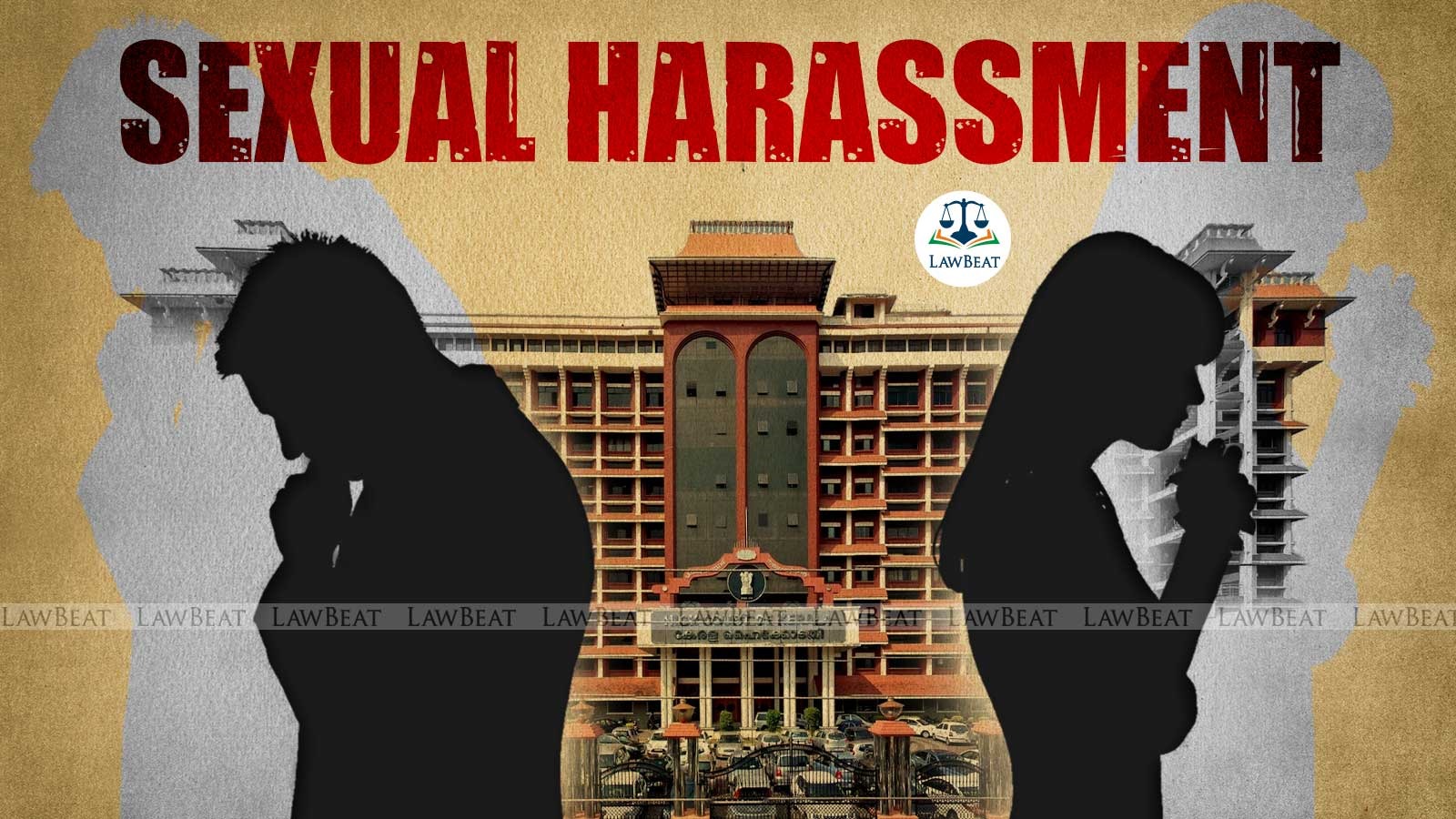Physical Contact During Resistance Not Unwelcome Sexual Advance : Kerala HC Quashes FIR

The court observed that the accused’s actions were limited to resisting the woman’s entry inside the auditorium and there was a clear lack of intention for sexual harassment
The Kerala High Court quashed a First Information Report (FIR) against Dr. P.K. Baby, Director of Youth Welfare and Syndicate member at Cochin University of Science and Technology (CUSAT), who was accused of sexually harassing a female student during a youth festival. The court held that the physical contact that occurred during the incident was not an unwelcome or explicit sexual advance but rather part of a resistance effort to maintain discipline.
Justice A. Badharudeen, presiding over the court, was hearing a case stemming from an incident on March 1, 2024, during the "Sargam" Youth Festival at CUSAT. The complainant, a law student and stage convenor, claimed that after the program concluded at 9:00 p.m., she attempted to retrieve an oil lamp from the stage with another student, Sharan. Dr. Baby (petitioner) allegedly stopped her, became agitated, and forcefully grabbed her, touching her breast twice despite her objections. The complainant further alleged that Dr. Baby threatened her, stating that if she reported the incident, her studies would be disrupted. The FIR charged Dr. Baby under Sections 354 (assault or criminal force to a woman with intent to outrage her modesty), 354A(1) (sexual harassment), and 506 (criminal intimidation) of the Indian Penal Code (IPC).
Advocate Salim V.S., representing the petitioner, argued that the FIR was lodged 127 days after the alleged incident, suggesting that the delay indicated the complaint was filed with malicious intent. It was further highlighted that the university had implemented strict guidelines following a fatal stampede at an event in 2023. These guidelines, approved by the university's Syndicate, required all events to end by 9:00 p.m., and the petitioner was responsible for ensuring compliance during the festival. It was also contended that the complainant was attempting to bypass these rules by entering the auditorium after the designated time, leading to an altercation when the petitioner prevented her entry. The petitioner maintained that any physical contact was incidental and arose from his efforts to enforce the guidelines, not as an intentional act of harassment.
Conversely, the complainant, represented by Public Prosecutor M.P. Prasanth (for the state) and Advocate Asif M.A., maintained that the petitioner’s actions were intentional, amounting to sexual harassment and intimidation. The prosecution, backed by the findings of the Internal Complaint Committee's inquiry, contended that the case warranted a thorough investigation to uncover the truth, and therefore, the FIR should not be quashed at this stage.
The court, after examining the facts, found that the altercation appeared to be a result of Dr. Baby's efforts to enforce discipline as per the university's guidelines, and there was no evidence suggesting an intention to outrage the complainant's modesty or engage in sexual harassment.
Further, the court observed that the essential elements required to constitute offences under Sections 354 and 354A(1) of the IPC were not established. “It could not be held, prima facie, that the petitioner herein had any intention to outrage modesty of the defacto complainant in any manner or to harass her sexually. That apart, the physical contact as part of such resistance could not be held as the one which advanced unwelcome and explicit sexual overtures,” the court noted.
The court also took into account the significant delay in filing the FIR and stated that “In view of the matter, the FIR registered after 4 months and 6 days after 3 months and 26 days of lodging the complaint before the Vice Chancellor as an afterthought lacks bona fides.”
As a result, the court allowed the petition to quash the case. However, the court cautioned the petitioner against taking any retaliatory measures that might hinder the complainant's studies and noted that any such actions would be treated with due seriousness.
Cause Title: DR. P.K. Baby v State of Kerala [CRL.MC NO. 6103 OF 2024]
